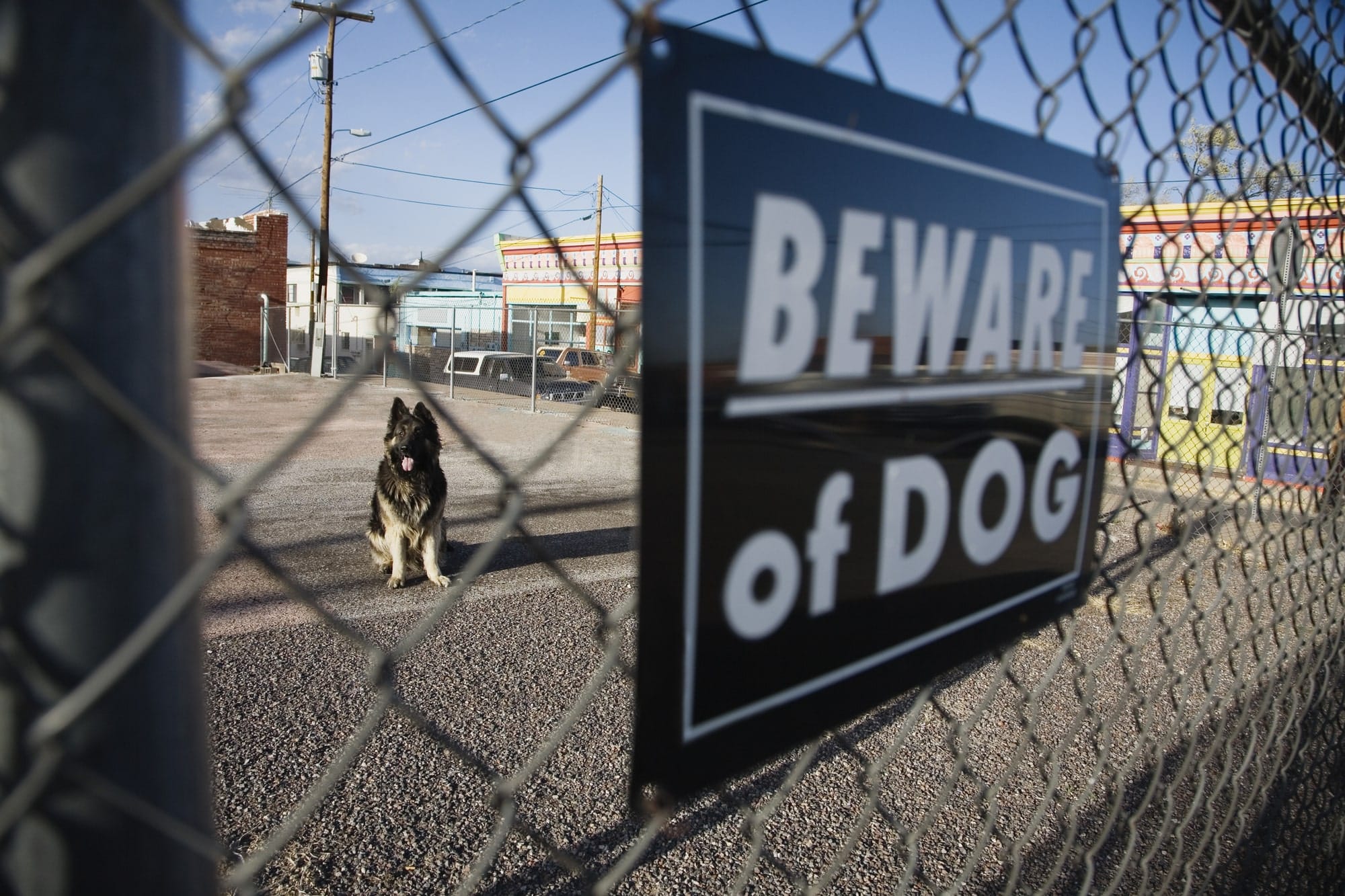Posted in Personal Injury Lawyer
Dog Bite Legal Cases
Dog bites can result in not only physical injuries but also legal complications, as victims may seek compensation for medical expenses, pain and suffering, and other damages. Dog bite cases are subject to specific legal principles and regulations that vary by jurisdiction. Here’s an exploration of key aspects of dog bite legality cases:
- Strict Liability vs. Negligence:
Dog bite cases typically fall under either strict liability or negligence laws, depending on the jurisdiction. Strict liability means that the owner is held responsible for the dog’s actions, regardless of the owner’s knowledge of the dog’s aggressive tendencies or any lack of negligence on their part. In negligence-based cases, the plaintiff must demonstrate that the owner failed to exercise reasonable care in controlling the dog or preventing the bite.
- Owner’s Knowledge and Liability:
In strict liability cases, the owner is usually held liable for the dog’s actions, regardless of whether they were aware of the dog’s aggressive tendencies. However, some jurisdictions may provide a defense for owners if they can prove they had no knowledge of their dog’s propensity to bite. In negligence cases, the owner’s knowledge of the dog’s aggressive tendencies becomes a crucial factor in determining liability.
- Provocation as a Defense:
In dog bite cases, the owner may use provocation as a defense, arguing that the victim provoked the dog into biting. However, this defense may not be applicable in strict liability cases where the owner is held responsible regardless of provocation. In negligence cases, the validity of the provocation defense depends on the specific circumstances and the plaintiff’s actions leading up to the incident.
- Statute of Limitations:
Like other personal injury cases, dog bite cases are subject to statutes of limitations, specifying the time frame within which legal action must be initiated. Failing to file a lawsuit within the specified timeframe may result in the loss of the right to seek compensation. Victims of dog bites should be aware of and adhere to these deadlines to preserve their legal rights.
- Documentation and Evidence:
Successful resolution of dog bite cases relies on proper documentation and evidence. Victims should seek immediate medical attention and gather evidence such as photographs of injuries, witness statements, and any available information about the dog and its owner. This documentation strengthens the case and provides a basis for seeking compensation.
- Seeking Compensation:
In dog bite cases, victims may be entitled to various forms of compensation, including:
- Medical Expenses: Coverage for medical treatment, surgeries, and rehabilitation.
- Pain and Suffering: Compensation for physical and emotional distress caused by the dog bite.
- Lost Wages: Reimbursement for income lost due to the inability to work during recovery.
- Property Damage: Compensation for damage to personal belongings or clothing during the incident.
Legal Representation
Dog bite legality cases involve a nuanced interplay of legal principles, including strict liability, negligence, and potential defenses. Victims of dog bites should be aware of their rights, seek immediate medical attention, and consider consulting with a dog bite lawyer at Cohen & Cohen to navigate the legal complexities and seek fair compensation for their injuries. Responsible dog ownership and understanding legal rights contribute to a safer environment for both pet owners and the community at large.
































